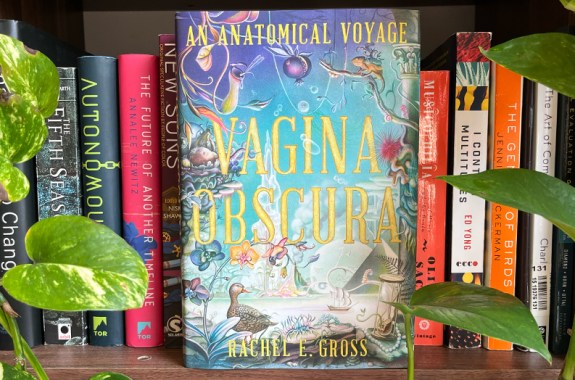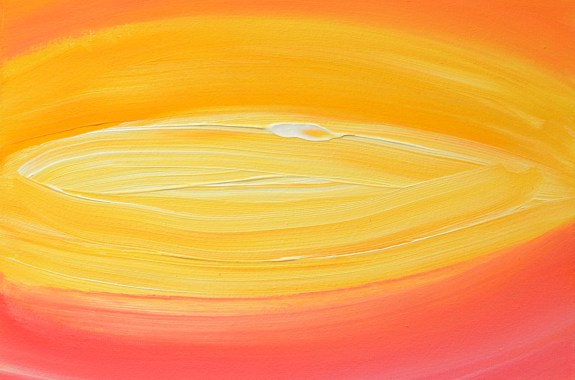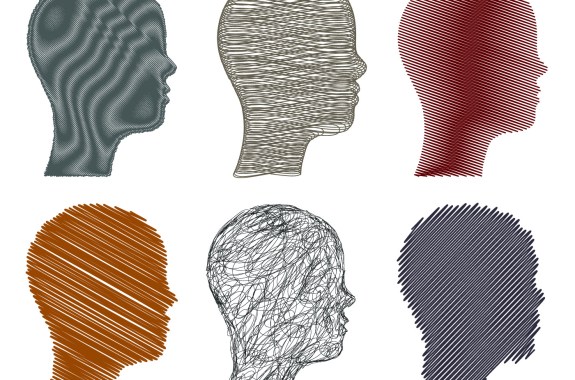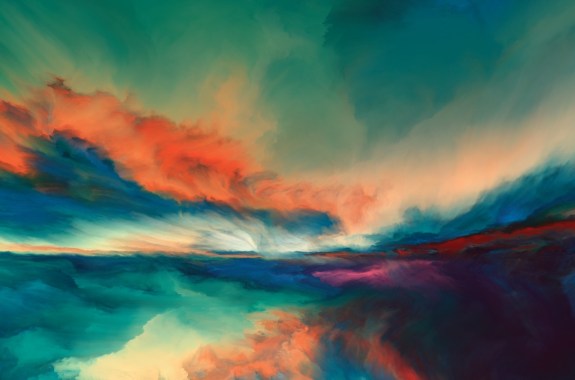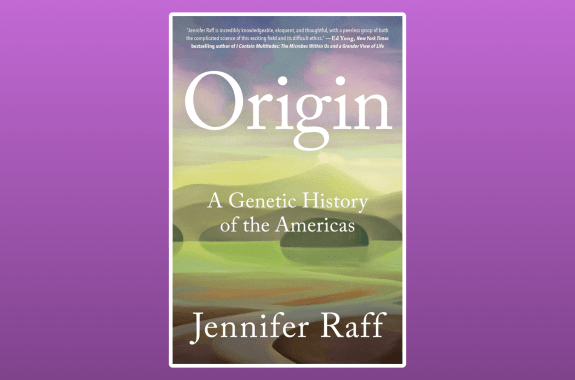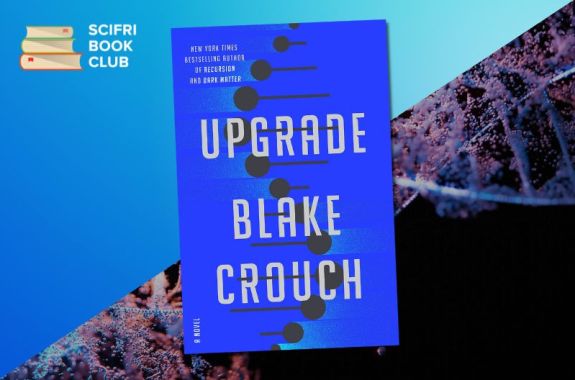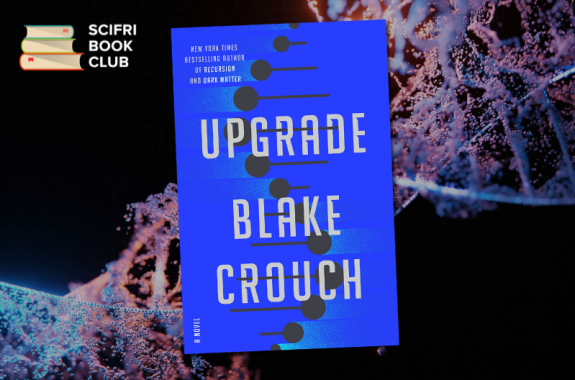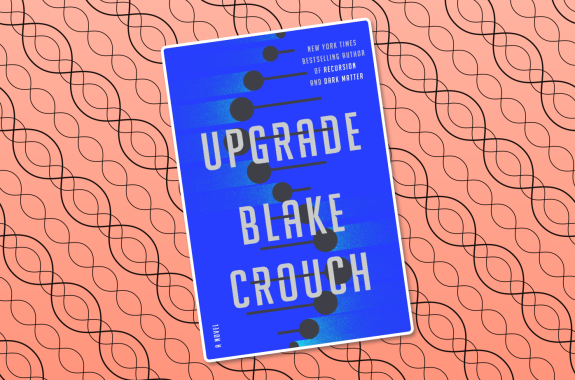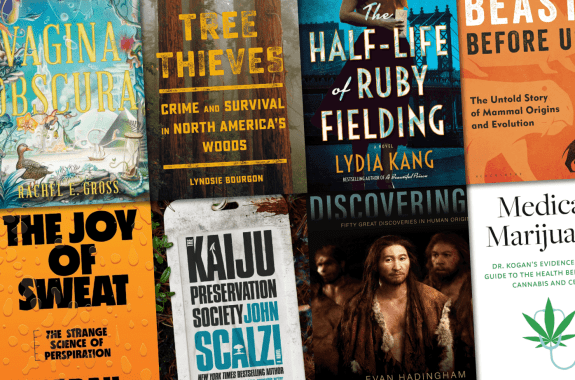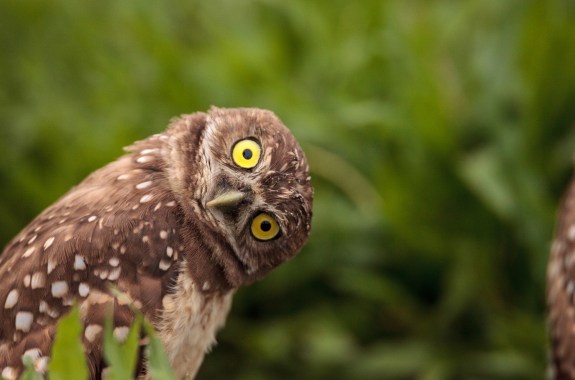Menstruation: Another Way Humans Are Unique In The Animal Kingdom
From this SciFri Book Club pick, a peek inside the vast—and still relatively under-researched—part of the human body: the uterus.
17:07
What You Might Not Have Known About The Vagina
A new book explores the history of human genitals and how researchers are finally making breakthroughs in our understanding of how so-called female reproduction works.
17:16
A Flaw in Human Judgment: How Making Decisions Isn’t As Objective As You Think
Nobel Prize-winning psychologist Daniel Kahneman explains how ‘noise’ and bias can lead to poor decisions.
16:37
Genetics Suggest Indigenous People Arrived In Americas Earlier Than Some Thought
A geneticist on the growing evidence for earlier arrivals of First Peoples to North and South America—and how to ethically collect that data.
How To Extract DNA From A 500 Year-Old Human Tooth
Genetic anthropologist Jennifer Raff walks through the delicate and precise art of obtaining DNA samples from centuries-old human remains.
A Future Where Gene Editing Is A Federal Crime
From this SciFri Book Club pick, a peek into a world where gene editing is a crime—or, as some believe, the only way to save humanity.
Read Blake Crouch’s ‘Upgrade’ With The SciFri Book Club
Blake Crouch imagines a world where your genome can be hacked in his new sci-fi thriller ‘Upgrade.’ Read it with us this August.
11:14
Gene Editing Is Easy—And A Crime—In This New Techno Thriller Book
Author Blake Crouch joins Ira to discuss the not-so-improbable future of gene editing from his new novel, “Upgrade.”
17:00
The Best Science Books To Read This Summer, 2022 Edition
From the last days of the dinosaurs, to an anatomical voyage of the vagina, our experts have your summer science reads covered.
33:18
The Millions Of Ways Animals Sense The World
We explore the amazing sensory abilities of the animal world, from heat-seeking beetles to fish that speak electricity.
